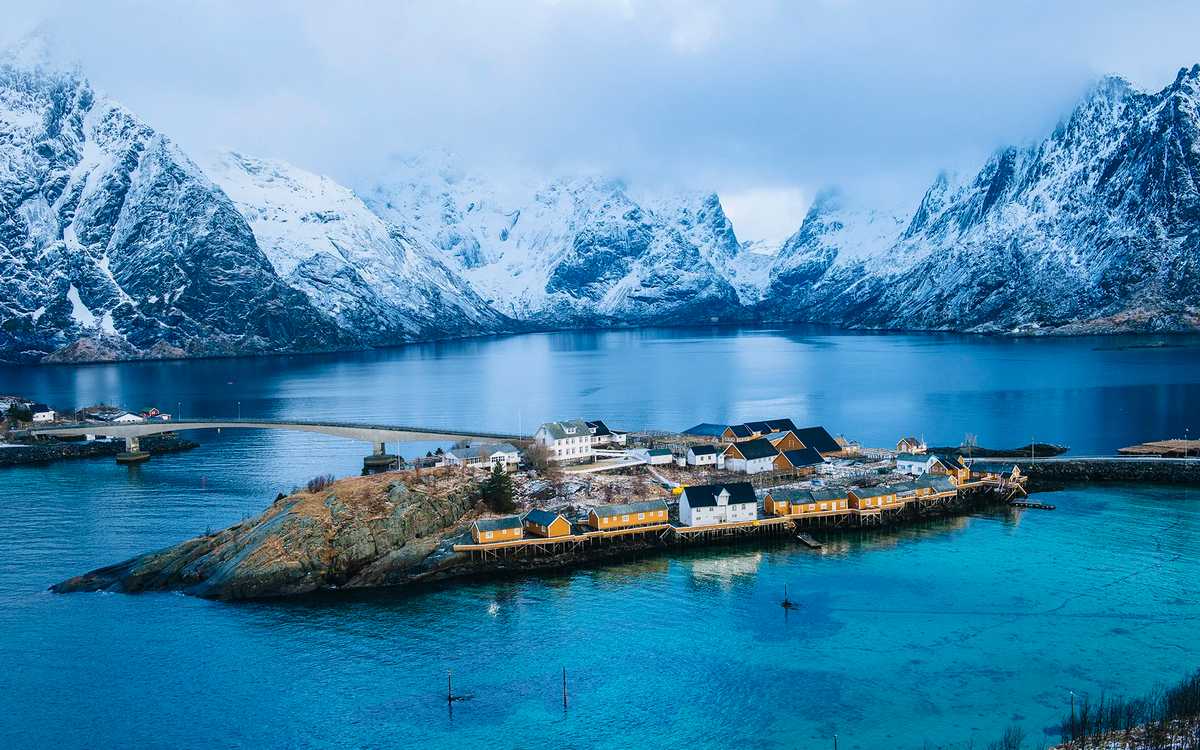A major shift is taking place in global tourism: travelers are increasingly abandoning scorching beach destinations and choosing cooler regions instead. This shift gave rise to a new term, “coolcation,” officially added to the Collins Dictionary. It refers to choosing destinations with mild climates to escape the intense summer heat that regularly affects Southern Europe.
Countries where temperatures rarely exceed 25°C — Norway, Denmark, Finland, Iceland, Scotland, Greenland, and Canada — are seeing a surge in interest. SAS reports a 38% increase in bookings to Stavanger from Spain, Italy, and France ahead of the summer season.
Other emerging travel trends: glowmads, height shifting and rawdogging
Skyscanner’s “Travel Trends 2026” report revealed several new behavioral patterns. One of them is “glowmads,” travelers who focus on beauty routines during flights and enjoy purchasing local skincare products.
Another trend is “height shifting,” where travelers choose mountainous regions not for skiing, but for cooler weather, tranquility, and fresh air.
A more extreme term, “rawdogging,” describes enduring a long-haul flight without entertainment, snacks, drinks or digital distractions — a test of resilience for some travelers.
DIP explains: how travel vocabulary has evolved over the past century
Key English terms that shaped modern travel language
Staycation (2000s) – vacation spent at home or within one’s city.
Bleisure (2010s) – combining business travel with leisure.
Ecotourism (1980s) – environmentally responsible travel.
Glamping (2000s) – luxury camping with hotel-level comfort.
Heli-skiing (1960s) – helicopter-assisted skiing.
Overtourism (2010s) – overcrowding of tourist destinations.
Voluntourism (2000s) – volunteer-based travel.
Selfie (2000s) – smartphone self-portrait.
Backpacker (1970s) – budget traveler with a backpack.
Coolcation (2020s) – travel to cooler places to escape heat.
Glowmads (2020s) – beauty-focused nomadic travelers.
These evolving terms reflect shifting traveler priorities: comfort, sustainability, authenticity and the desire to share experiences online.

